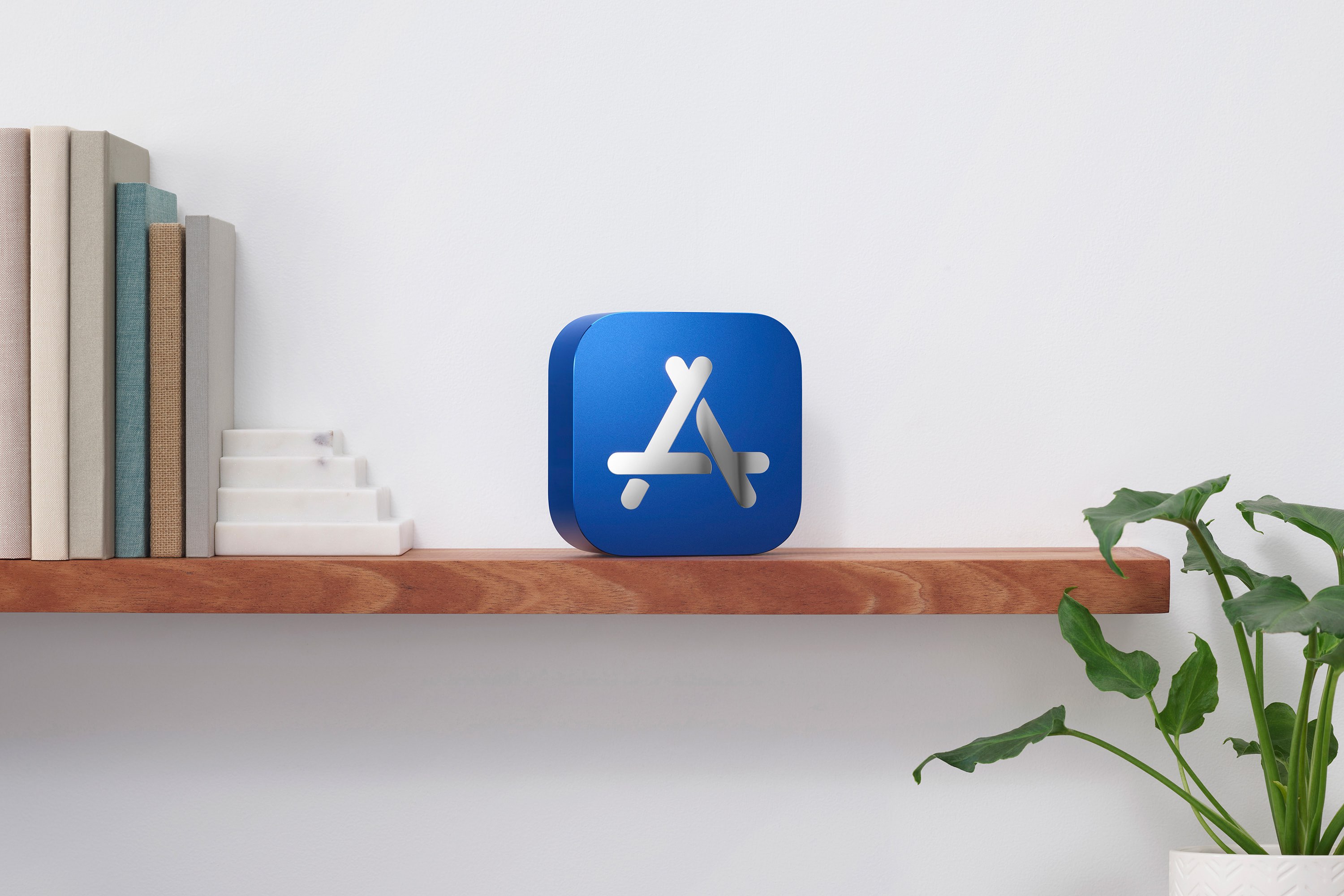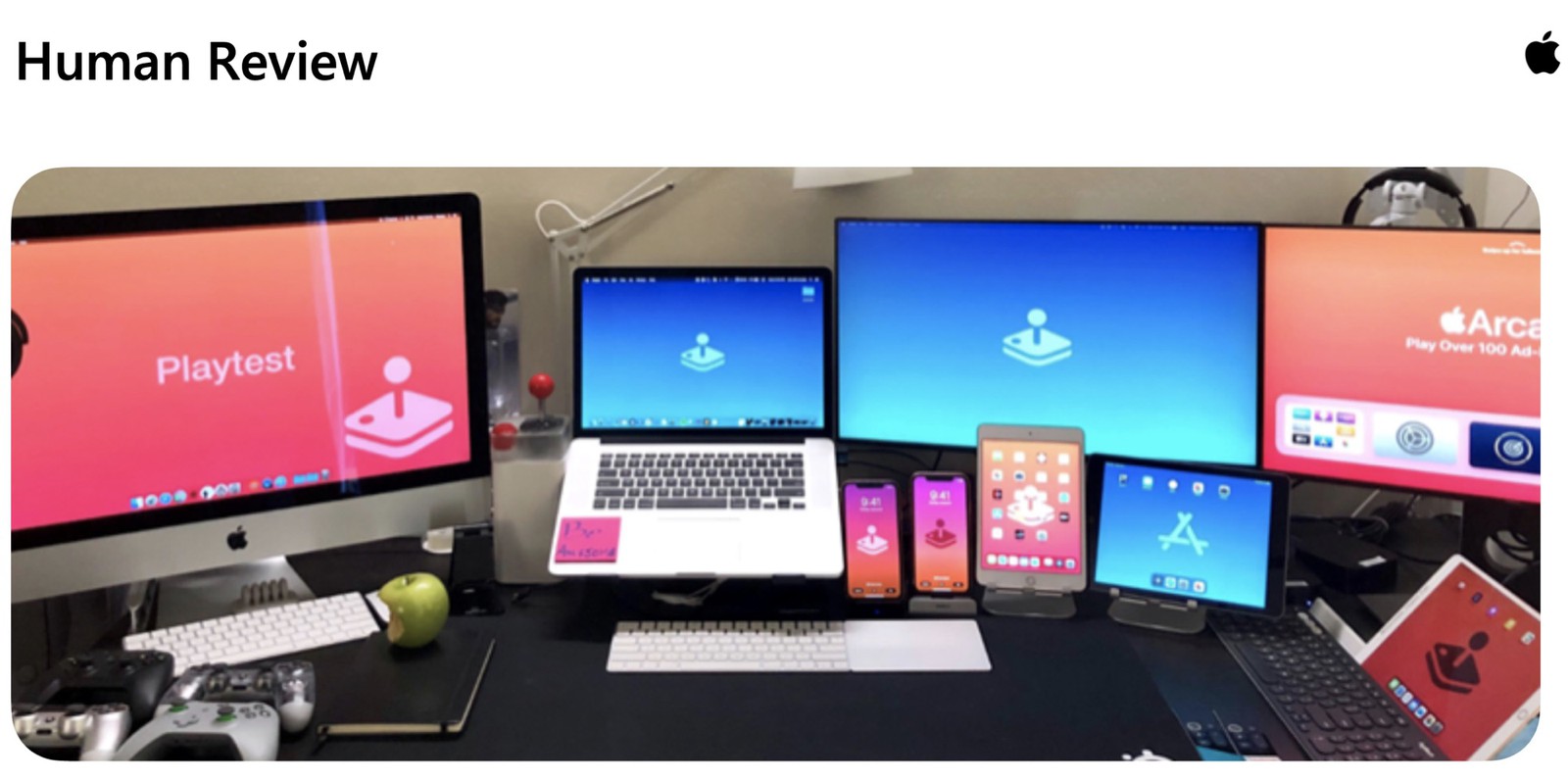Another bit of information has been revealed thanks to the ongoing antitrust battle between Epic Games and Apple. This time around, it’s an info dump regarding the number of apps submitted –and rejected– to Apple’s App Store.
The documentation is meant to show that Apple’s review process works, and that, despite so many apps being submitted to the digital storefront, there are still many that get rejected. In fact, between the years 2017 and 2019, Apple’s review process actually blocked more apps than the year prior. In 2017, the average rejection rate was 33 percent. That jumped up to 35% the next year, and, in 2019, the review process saw an average rejection rate of 36%.
Still, it’s wild just how many apps are submitted to the App Store on a regular basis.

According to MacRumor‘s report, between 2017 and 2019 Apple saw an average of 5 million app submissions. In 2017, Apple saw 5,176,583 apps submitted and rejected 1,694,664. In 2018 the review process rejected 1,697,787 apps after developers submitted 4,793,826. And finally, in 2019, there were 4,808,685 apps submitted and a total of 1,747,278 were rejected.
From today’s report:
Apple’s documentation suggests that the App Store sees 100,000 App Store submissions per week, which are dealt with by 500 human experts that Apple has on hand. Prior to getting to a human review, apps are analyzed by Apple-designed tools to check for malware and policy violations.
A testing tool called Mercury runs through static and dynamic analysis processes, with the tool allowing Apple to see inside apps to check for hidden code or abuse, and there are other review tools that Apple has nicknamed “Magellan” and “Columbus.” After automated testing, apps receive human oversight.
The report also includes an image of what a member of the review process works with, hardware wise:

Part of the cross-examination focused on Apple Marketing Director Trystan Kosmynka. They were asked, pointedly, about mistakes that lead scam apps to being made available in the App Store even after the review process. Kosmynka was asked if the review process is pointless, which they said that it isn’t, but that Apple has to keep doing better.
The popularity of the App Store has turned into a double-edged sword for Apple, and especially for the review process. With so many apps being submitted on a regular basis, it seems logical to expect that some problem apps will make their way through. Still, a lot of people seem to believe Apple should have a 100% accuracy rate.